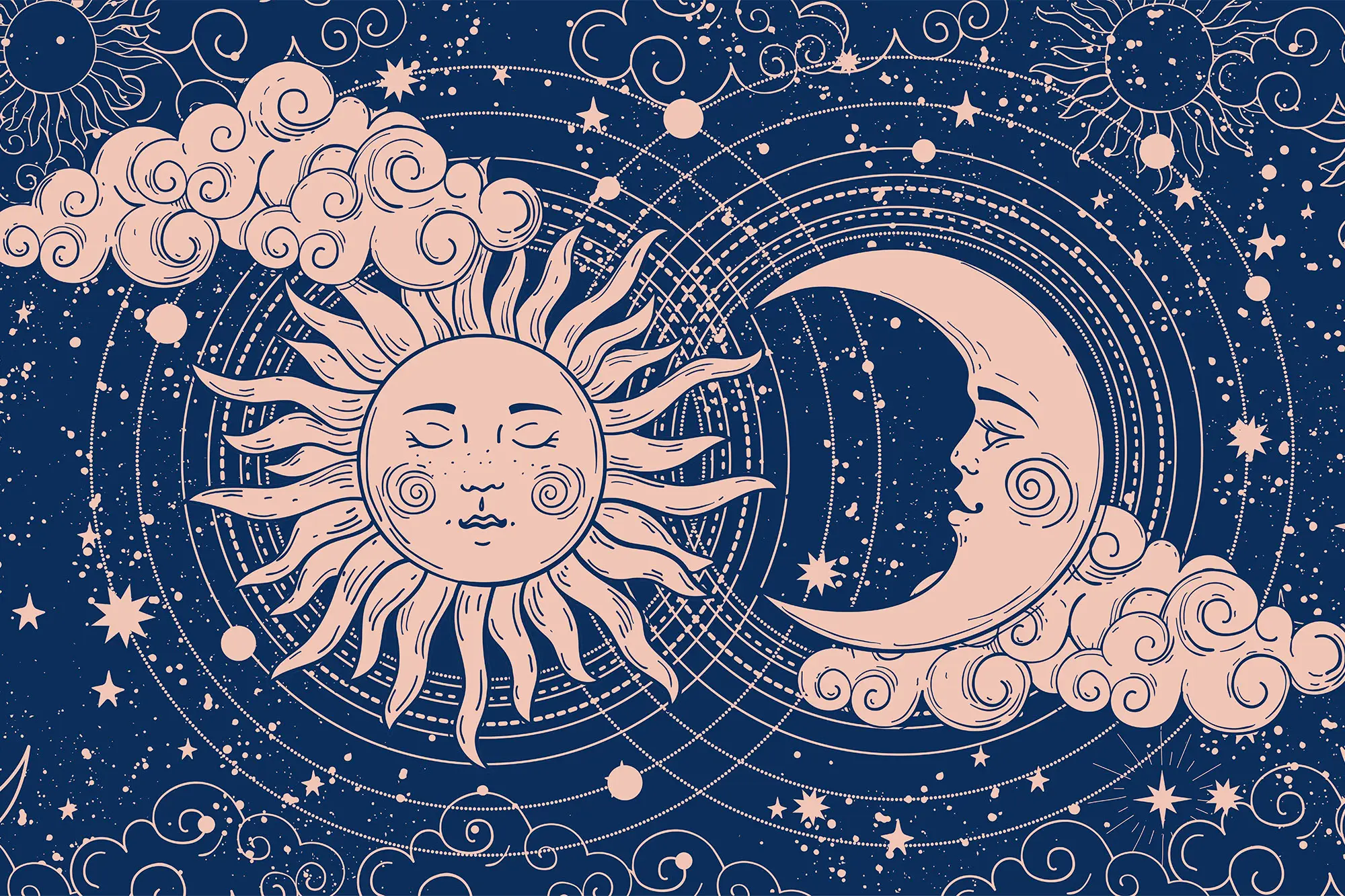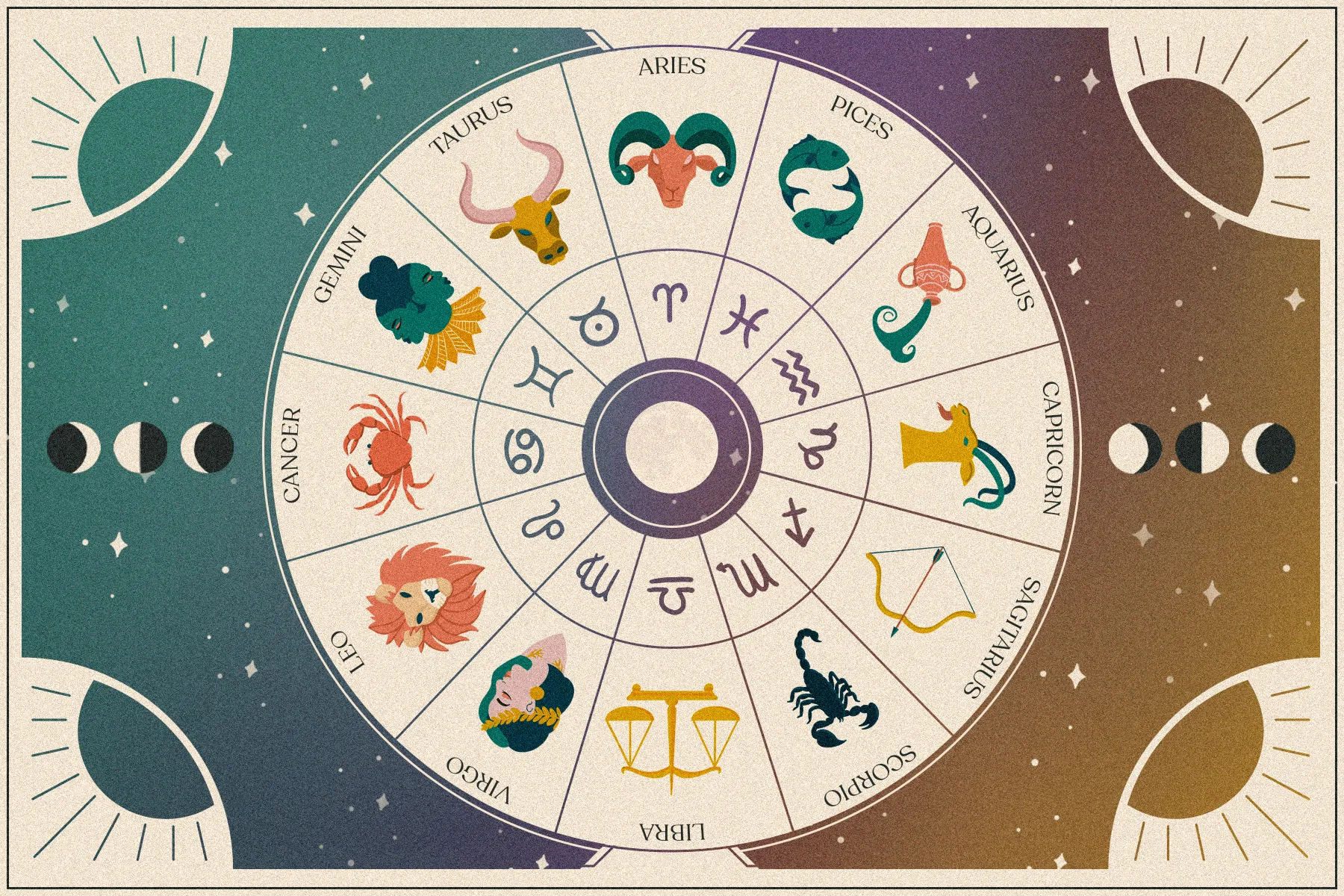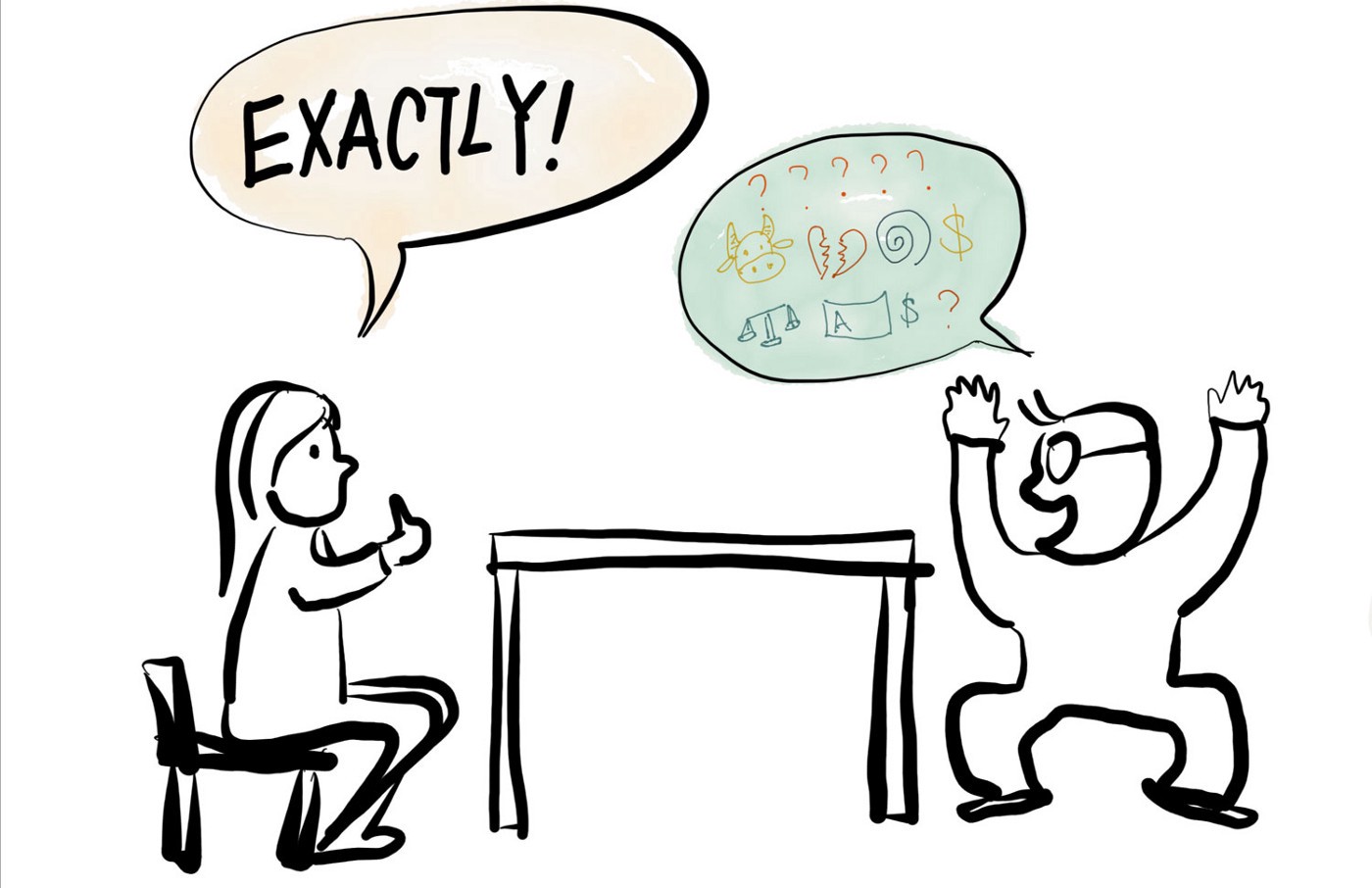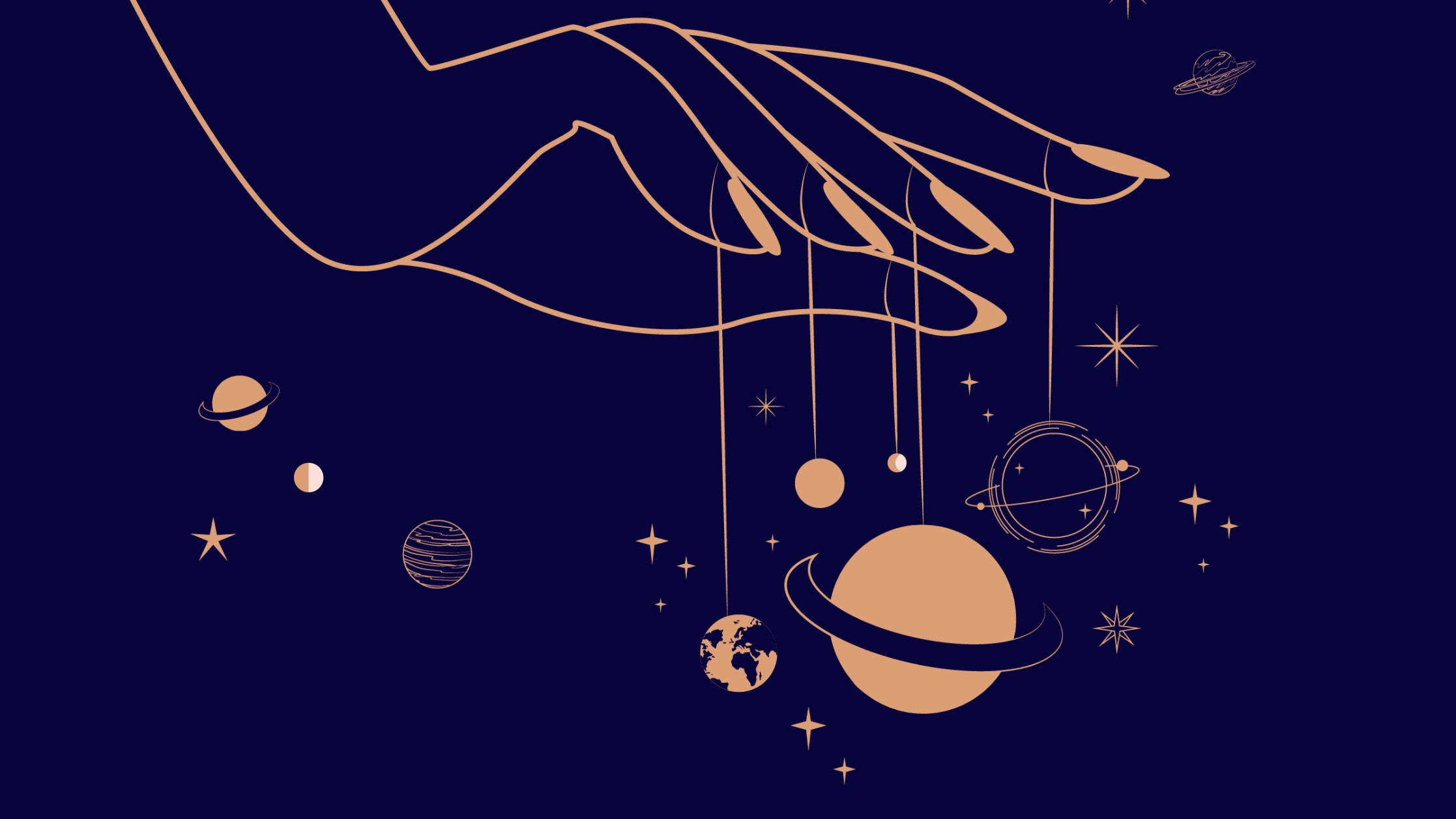By Sophia Mavrou,

The great appeal of astrology, even among educated people and the age of science, comes from the fact that it offers something you cannot get easily in other fields; it is personal divination. You can get your personal horoscope and chart, from a personal astrologer who can arrange your financial and social moves only for you. You can have daily, weekly, monthly, and annual predictions revealing what will follow in your dating life, potential promotions at work, upcoming family issues, and more. People love the attention astrology bestows them with, whereas, in other cases, such as traditional religion, you are one of a large flock. It is for this reason that individuals are drawn to astrology when they feel less in control of their lives and hope to find their answers in the stars.

Apart from that, it can effectively work as a scapegoat when needed and rumor has it that people have never liked to absorb losses. For example, possibly you have heard the phrase “Of course they are arrogant, they are a Leo” at least once in your life. Or the opposite. Suppose that you are a Sagittarius and you come across this text “…[they] do not like to burden others with their problems, so they try their best to solve them internally and remain resolute and stoic.” Or this text “This sign loves to fall in love as much as everyone else, but do not expect them to become overly dependent on their partner or change for them. They are their own people, and they do not need someone else to make them truly happy”. Can you identify yourself with any of them? I can — and I am a Gemini. If you can too… that is great. Only to mention that the first text refers to Cancers and the second to Libras…

Due to the rapid expansion of the Internet and the subsequent dynamic, it obtained in the marketing field, astrology doubled its publicity alongside the advantage of easy access. True to form, social media worked wonders. From 2016 to 2017, views for astrology videos on YouTube increased by 62%. On Facebook, they increased by 116%. On Twitter, they increased by 297%. In India, astrologers have regular shows on major TV channels. Nowadays, hardly any newspaper dares to go to the press without the horoscope feature. Therefore, it appears transparent that astrology is supported by tons of money, and unfortunately, when profit becomes the first priority, which entails leaving the accuracy promised behind, the instinct of avarice is never satisfied.
Reaching the end, the aim of this article is not to erase astrology. Indeed, the need to know the future is embedded in our DNA. The frustrating part, however, is that it is not in Orion’s belt.
References
- Barnum Effect, britannica.com, Available here
- Barnum Effect: Explained (series), Netflix.com, Available here




